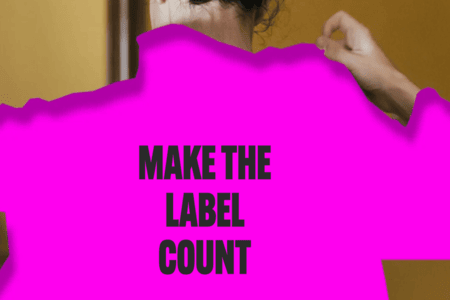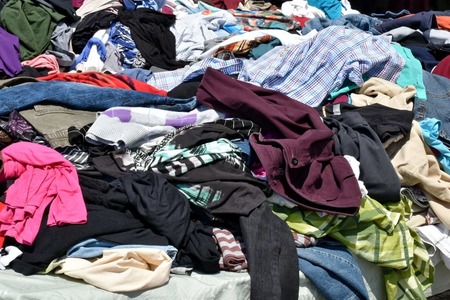
ARP meet sustainability milestone in less than two years
YarnsandFibers News Bureau 2020-11-23 12:48:55 – IndonesiaAsia Pacific Rayon (APR), the Indonesian viscose rayon producers have achieved many milestones with respect to their sustainability in less than two years. Earlier this year president Joko inaugurated APR’s facility and has become Indonesia’s largest viscose rayon facility to date.
The mill has a capacity of over 240,000-ton and aims to uplift the national textile and textile product industry as part of the government’s “Making Industry 4.0” agenda. APR has also indulged actively concentrated its efforts to ensure a clean manufacturing, sustainable sourcing, and supporting local communities and employees. The company recently launched its report that highlighted their accomplishments in the sustainability department.
The report revealed that the company has reduced its air emissions from its viscose production process. The company aims to recover over 90% of carbon disulfide from its production. In 2019, the estimated recovery rate was 89.2%.
Over 90% of ARP’s production procures energy from renewable resources such as palm empty fruit bunches, bark, pulp fibre, and palm shell. According to OEKO-TEX, APR is Indonesia’s first responsible viscose manufacturer. ARP’s viscose fibre is also toxin-free and carries FKT label. The company has also secured certifications such as ISO 9001 for quality management and 14001 for environmental management systems.
Despite their achievements the company only looks forward to making itself more sustainable. They recently committed to the Zero Discharge of Hazardous Chemicals (ZHDC) Roadmap. The company has also charted out a plan to meet the emissions and consumption levels set out in the European Union Best Available Techniques (EU BAT). Last year the company introduced an app that provides full traceability of its products from seed to fibre.
Basrie Tamba, ARP’s director, stated that in their first 18 months of business, they focused on laying a strong foundation by embedding sustainability in the way they operate. Tamba added that it didn’t matter whether it was with respect to the manufacturer, an employer, a member of the local community or a global corporate citizen. He stated that their operations were guided by their sustainability policy. He concluded that the company sought to actively monitor their performance to develop a baseline from which to improve on, and to benchmark themselves against industry peers, to be a top quartile viscose producer.
Market Intelligence
Ask for free sample Report

experience
Customer Base
dedicated team
Countries Served Worldwide









